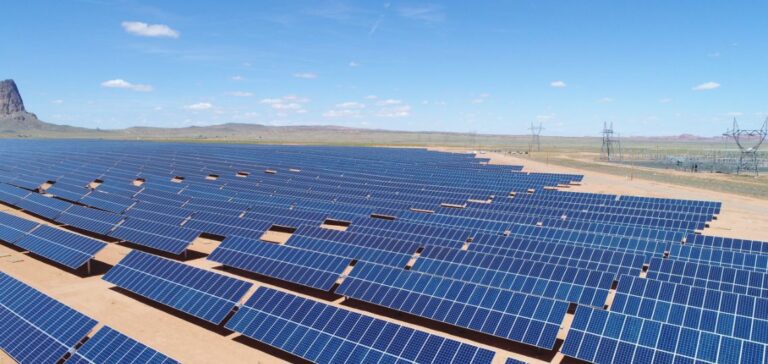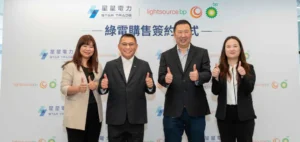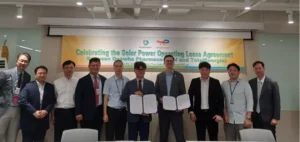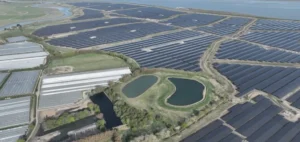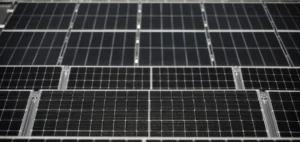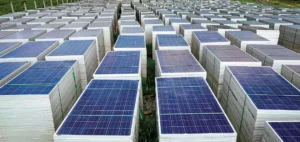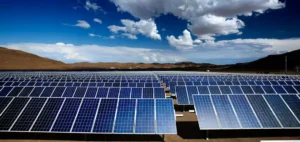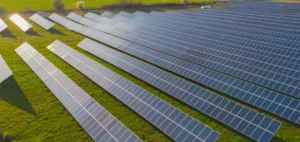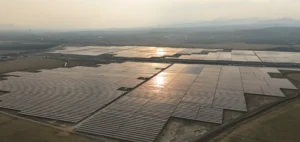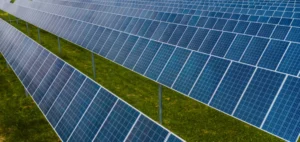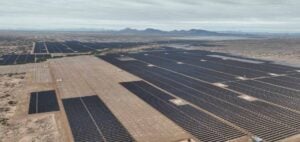The French Energy Regulatory Commission (Commission de régulation de l’énergie – CRE) has recommended several adjustments to the government’s draft decree concerning revised regulated tariffs for small photovoltaic installations with capacities up to 500 kilowatt-peak (kWp). The regulator considers that the proposed measures, targeting primarily installations on buildings, warehouses, and parking lots, could trigger disruptive tariff fluctuations detrimental to the sector’s economic stability. Key concerns include the steep tariff reductions proposed in response to quarterly targets established by public authorities being exceeded. CRE specifically highlights the necessity of avoiding unpredictable tariff variations, which could negatively impact industrial stakeholders and residential project developers alike.
Adjustments recommended for larger-scale installations
For the upper end of the tariff segment known as “S21,” covering photovoltaic installations ranging from 100 to 500 kWp, the decree proposes significant reductions in support tariffs to regulate the volume of new grid-connection requests. However, CRE argues that the pace of proposed tariff decreases is excessively rapid, risking significant volatility from quarter to quarter. The regulator therefore recommends adopting a more gradual tariff degression strategy to ensure economic predictability and market stability. This approach aims to align government objectives of controlling public expenditures with the need to sustain consistent investment levels in photovoltaic infrastructure.
Economic impact on the residential market
Regarding smaller installations within the “S21” segment, specifically capacities between 0 and 9 kWp intended predominantly for residential customers, the government’s proposed measures also include a sharp reduction in tariff conditions. CRE highlights that such tariff reductions could severely impact the financial attractiveness of residential photovoltaic projects, particularly in a context of recurring overshooting of installation objectives. However, the regulator points out that the scheduled reduction of the Value Added Tax (VAT) to 5.5%, set to take effect with the upcoming finance law in October, could partially offset this negative impact. Nevertheless, CRE emphasizes the problematic temporal gap between the implementation of the new regulated tariffs and the introduction of the reduced VAT rate.
Fiscal uncertainties amplifying market instability
An additional source of concern, according to CRE, relates to uncertainties around the eligibility criteria for the reduced 5.5% VAT rate. The lack of clarity creates further financial planning uncertainty for photovoltaic projects. Combined with the tariff changes proposed by the government, these regulatory uncertainties threaten to introduce a period of hesitation unfavorable for short-term investment decisions. CRE thus calls on the authorities to rapidly clarify these fiscal and regulatory conditions to prevent a sudden slowdown in photovoltaic sector investments.
Regulatory developments around tariff adjustments remain closely monitored by industry stakeholders, awaiting prompt governmental clarifications to adapt their financial and operational strategies accordingly.

